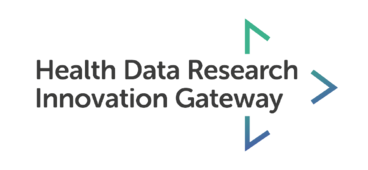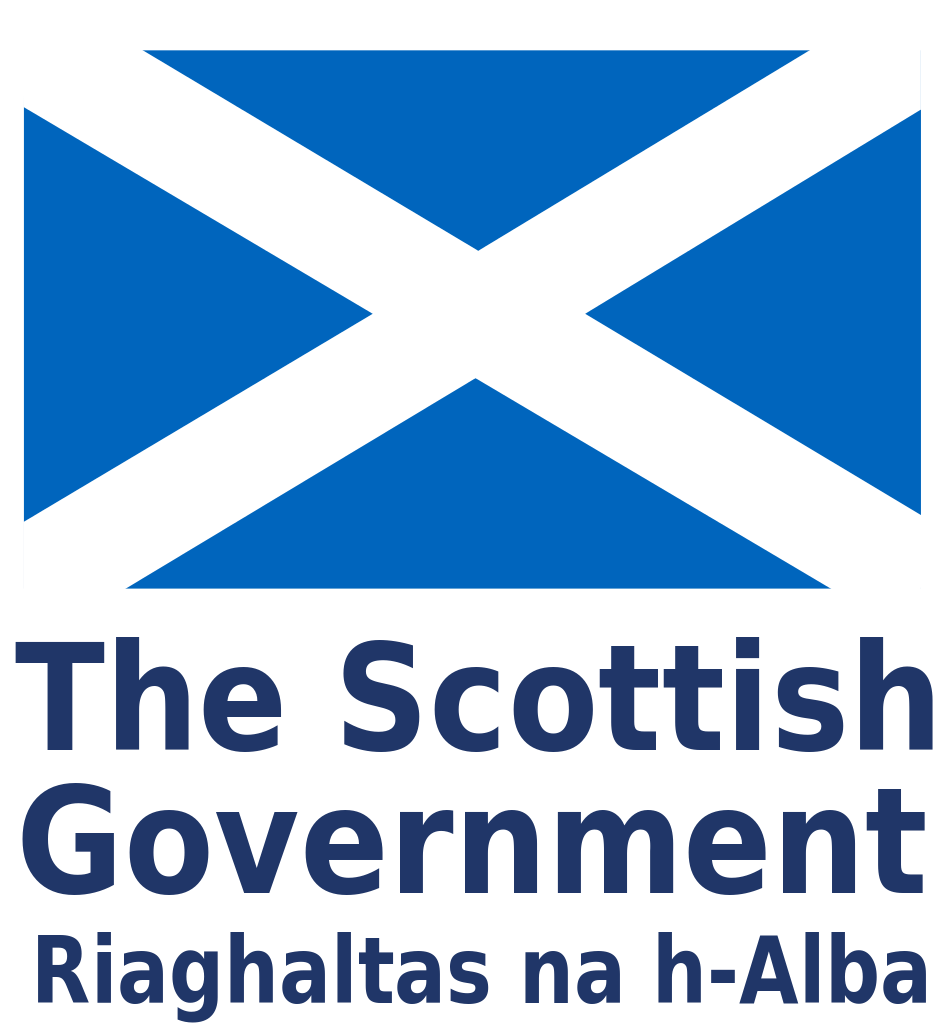
Generation Scotland: Scottish Family Health Study (GS:SFHS)
Overview
Aims
Generation Scotland: Scottish Family Health Study (GS:SFHS) is a family-based genetic epidemiology study with DNA and socio-demographic and clinical data from 24,000 volunteers across Scotland aged 18–98 years. The breadth and depth of phenotype information collected, participants’ mechanisms for linkage of all data to comprehensive routine health-care records, and ‘broad’ consent from participants to use their data and samples for a wide range of research were designed to maximize the power of the resource to identify, replicate or control for genetic factors associated with a wide spectrum of illnesses and risk factors, both now and in the future.
Institution
University of Edinburgh
Geographic coverage - Nations
Scotland
Geographic coverage - Regions
Nationwide
Start date
2006-2010
Catalogue record last updated
30/04/2025
Sample
Sample type
Cohort study
Sample details
Potential participants were identified at random from those aged 18–65 years from the registered patient lists of collaborating general medical practices in the Glasgow and Tayside areas of Scotland, as well as in Ayrshire, Arran and Northeast Scotland. Individuals were invited to participate and also to identify at least one first-degree relative aged at least 18 years who would also participate. Besides recruitment by invitation, volunteers were welcomed if they met the criteria (>18 years, with at least one first-degree relative who could participate). In total, 6,665 of invited participants completed appointments, along with an additional 1,288 individuals who volunteered without invitation, and 16,007 family members, giving a total of 23,960.
Although not truly representative, the sample includes a wide range of socio-demographic and clinical features. Compared with the Scottish population, where recent data were available in comparable format, the sample is generally healthier and wealthier, with a different age–sex profile. The cohort size results in large amounts of data on participants from all socio-economic classes, with many or multiple disease traits and identification of intensively matched control subjects.
Sample size at recruitment
23,960 individuals
5,573 families
Sample size at most recent sweep
9,618 individuals (2019 - STRADL Phase 2)
Sex
All
Age at recruitment
18-98 years
Cohort year of birth
1909-92
Data
Data access
Project proposal - contact study team
ed.ac.uk/generation-scotland/for-researchers/access
Genetic data collected
Linkage to administrative data
Health data

Key Papers
Cohort Profile: Generation Scotland: Scottish Family Health Study (GS:SFHS). The study, its participants and their potential for genetic research on health and illness.doi.org/10.1093/ije/dys084 Cohort Profile: Stratifying Resilience and Depression Longitudinally (STRADL): a questionnaire follow-up of Generation Scotland: Scottish Family Health Study (GS:SFHS).doi.org/10.1093/ije/dyx115
Additional information
Website
genscot.ed.ac.uk/
Related themes
Covid-19 data collection,
Biomarkers,
Cognitive measures,
Diet and nutrition,
Ethnicity and race,
Housing,
Language and literacy,
Loneliness and social isolation,
Migration and immigration,
Neighbourhood,
Physical health assessment,
Puberty,
Reproductive health,
Sexuality and gender identity,
Sleep problems,
Social care - receipt,
Social care - need,
Socioeconomic status and deprivation,
Victimisation and life events,
Work and employment
Mental health measures timeline
Sweep name:
Cohort member age:
Data collection period:
Notes:
Physical health measures:




